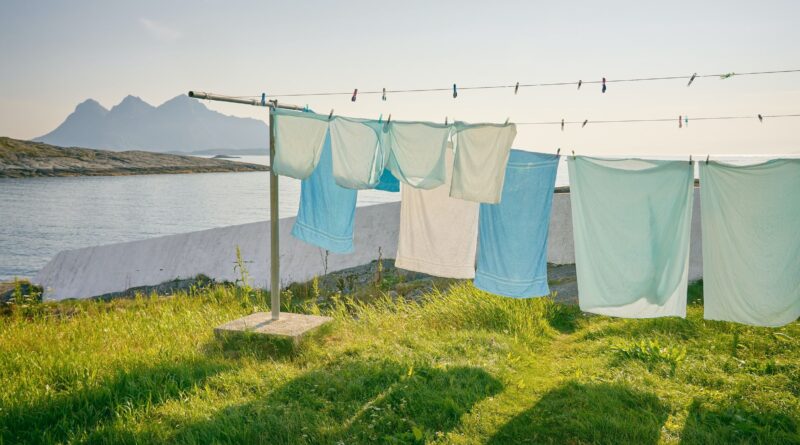5 Home Tips That Will Help You Save Energy
If you feel it is necessary and wants to protect the planet, you’re probably interested in energy conservation. However, many people wonder, “What can I do to save energy at home?” ”What types of home appliances should I be using?”
Conservation of energy and climate change have become hot topics in recent years. Buzzwords like “energy conservation,” “climate crisis,” and “renewable energy” are frequently used in news articles, advertisements, and local political campaigns.
Of course, while we’re eager to contribute, it’s not always easy to understand what these terms mean for us individually. We recognize that our way of life must change, but what exactly is the issue, what can we do, and how can we do it?
There are numerous home energy conservation tips available, ranging from small daily habits to large investments that not only benefit the environment but also lower your energy bills. So, what are some easy ways to lessen energy consumption at home?
Insulate Your Home
No matter how long you leave the water heater on, a lot of heat is lost through the pipes and heaters. Add insulating blankets to your bathroom’s water heaters to significantly reduce standby heat loss. This will help keep the water hot for longer, allowing you to save energy at home because you won’t have to leave it on for as long.
If you live in an area where winter occurs, you should also consider switching the insulation on your windows and sealing air-flow cracks. This helps to trap heat in the house, reducing the amount of time you use your heater. The same is true for summer: once the cool air stops escaping through the cracks and gaps, you’ll find yourself using your air conditioner less.
Reduce Water Consumption
Consuming less water will not only lower your water bill, but it will also lower your gas or electricity bill. Shorter showers, washing dishes and clothes only when full loads, and generally being aware of your usage will help you cut back. Installing a solar hot water system can also provide significant energy savings.
Avoid Energy-Draining Appliances
Did you know that when your electronic appliances are turned off, they consume up to 75% of their power? A quick walk through your house will most likely reveal that you have several plugged-in items that aren’t in use. For example, electrical items on standby, such as televisions, computers, and video game consoles.
Many of these appliances use a small amount of electricity while they are waiting to be used. Electrical appliances that draw power can be identified by a standby setting or a small light that glows while waiting to be used. Turn them off at the wall when not in use to save energy.
While the electricity they use may appear insignificant, it all adds up over time on your electric bill. Keep an eye out for old appliances that may be less energy-saving.
Adjust Your TV Settings
Although today’s high-definition televisions use roughly 60% less energy than older models, some Internet-ready models consume extra power after they’ve been turned off due to a “quick start” feature that allows them to boot up some seconds faster.
Disable that option in your television’s settings—and while you’re at it, check to see if your model has an automatic brightness control, or ABC, sensor, which adjusts the picture brightness based on the amount of light in the room. Because most TV viewing occurs at night, this can have a significant impact on energy consumption.
Ditch Dryers
You can also save energy by drying your clothes in the sun instead of using a dryer (if you live in a home that allows for it, that is). If you can’t avoid using the dryer, use a lower setting, even if drying will take longer.
If you use a dishwasher, skip the heated drying cycle and instead dry with a napkin. To save money on the heat cycle, you could also leave the dishwasher door open and allow for air drying. Allowing dishes to air dry is perfectly acceptable; they will be just as hygienic.
Key Takeaway
When it comes to combating air pollution and global warming, action at the federal and state levels is unquestionably critical for achieving real change. Smaller actions that you can take every day in your own home are also important.
These simple habits, simple home improvements, and wise purchasing decisions can add up to significant energy savings over time. Give them a shot. Allow your utility bill to speak for itself.



